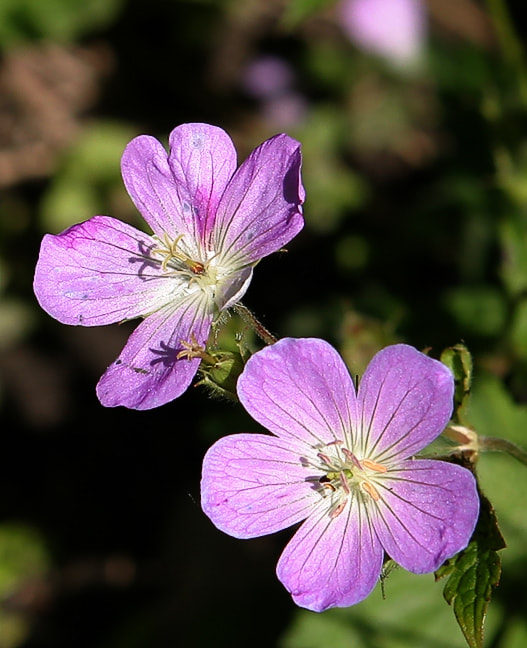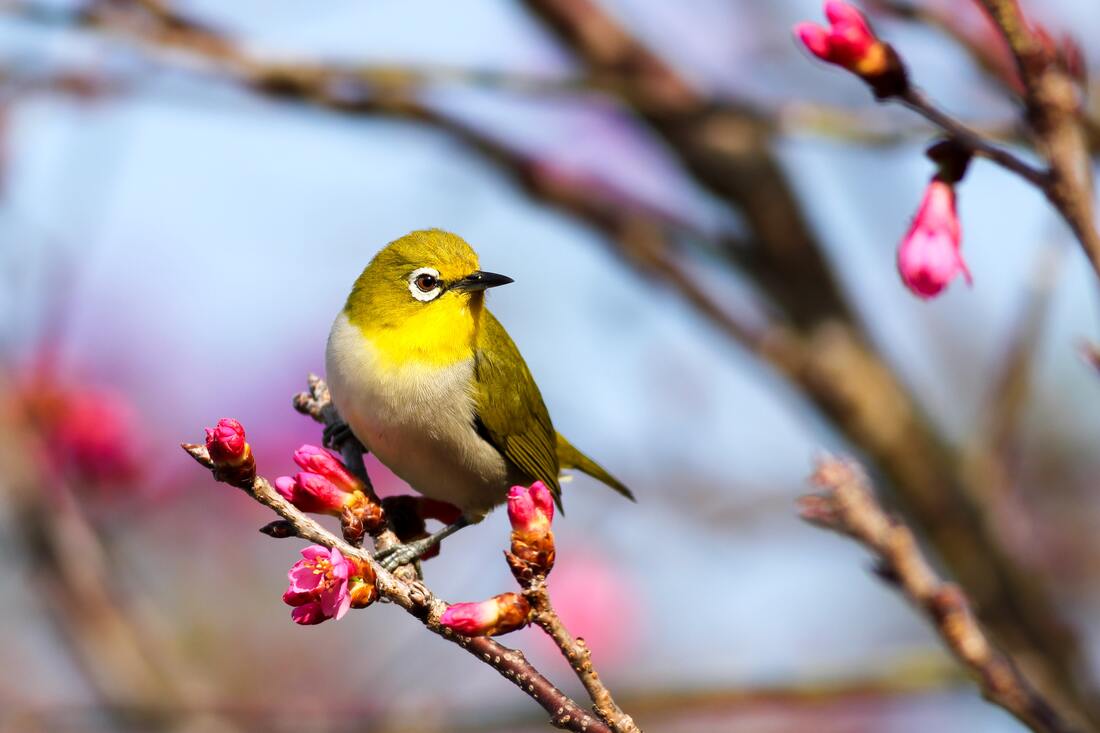|
G. maculatum, Hardyplants at English Wikipedia, Public domain, via Wikimedia Commons April is Native Plant Month in Ohio! And while many of us wish to incorporate native plants into our landscape, some of us are dealing with shade in that landscape and struggle to find what might grow in this environment. Native shade loving plants are a nice choice for shady areas because it is an opportunity to mimic a naturalized forest structure. Native plants add biodiversity needed to attract beneficial insects and songbirds that are generally found in wooded areas
According to the University of Delaware, research shows that aiming for a minimum of 70% native plant cover in your landscape is essential to provide enough food to support birds into adulthood. Researchers termed the areas with less than 70% a “habitat sink” or a place that is insufficient to support long-term bird survival or the survival of their young. As with any type of garden you must consider the growing conditions (moisture, soil type, light, pH). With shade gardens you also need to ask yourself, what type of shade does your garden have? Is some light being filtered through the trees? Or is it shady part of the day and sunny the rest? Typically, light shade means that the growing area has between 3-5 hours of direct sun. Partial shade equates to about 2 hours of sun a day and full shade means less than an hour of sun per day. In the case of dense shade, or no direct sun, growing conditions can be very limited and one should consider the fact that no plants may survive in this type of growing situation. Some native woodland species that attract beneficial insects to consider for your shade garden are:
Native plants provide many benefits to us, our natural resources, and local ecosystem. These benefits include but are not limited to water conservation, filtering out water pollutants, lowering maintenance requirements, and providing vital habitat for birds and many other species of wildlife. For information on the Warren County Soil and Water Conservation District annual plant sale go to https://www.warrenswcd.com/. If you have additional questions, please contact the Warren County Soil and Water Conservation office at 513-695-1337.
2 Comments
Spring is a time of awakening when the cold of winter starts getting shrugged off to make room for the warmth which accompanies new growth in the natural world.
For birders, it is exciting because of the return of migratory spring birds! From songbirds to shorebirds and even some waterfowl, about 200 species of neotropical migratory birds annually make this incredible trip that spans continents. Final destination nesting grounds for these birds vary widely throughout the United States and north into Canada, but all require stopover sites where they may rest and refuel for the next leg of their trip. If you want to help these birds in their spring preparations, consider bird-friendly landscaping that includes native, early-blooming trees, shrubs and flowers with colors that attract birds. According to the Cornell Lab of Ornithology, it is important to plant these 7 important plant groups:.
For more questions regarding Warren County Soil and Water Conservation District programs and/or technical assistance on water or soil questions, visit http://warrenswcd.com or call, 513-695-1337. |
Details
Warren County SWCD Staff BlogA blog to keep you informed on all the latest news at Warren County SWCD and in the conservation world. Archives
May 2024
Categories
All
|
|
|
Contact:PHONE: (513) 695 - 1337
EMAIL: [email protected] HOURS: Monday - Friday 7:30am - 4:00pm (except holidays) Connect:Warren County Soil & Water Conservation District Copyright © 2016
Warren SWCD Privacy Notice. Emails are serviced by Constant Contact. Constant Contact's Privacy Notice. |


